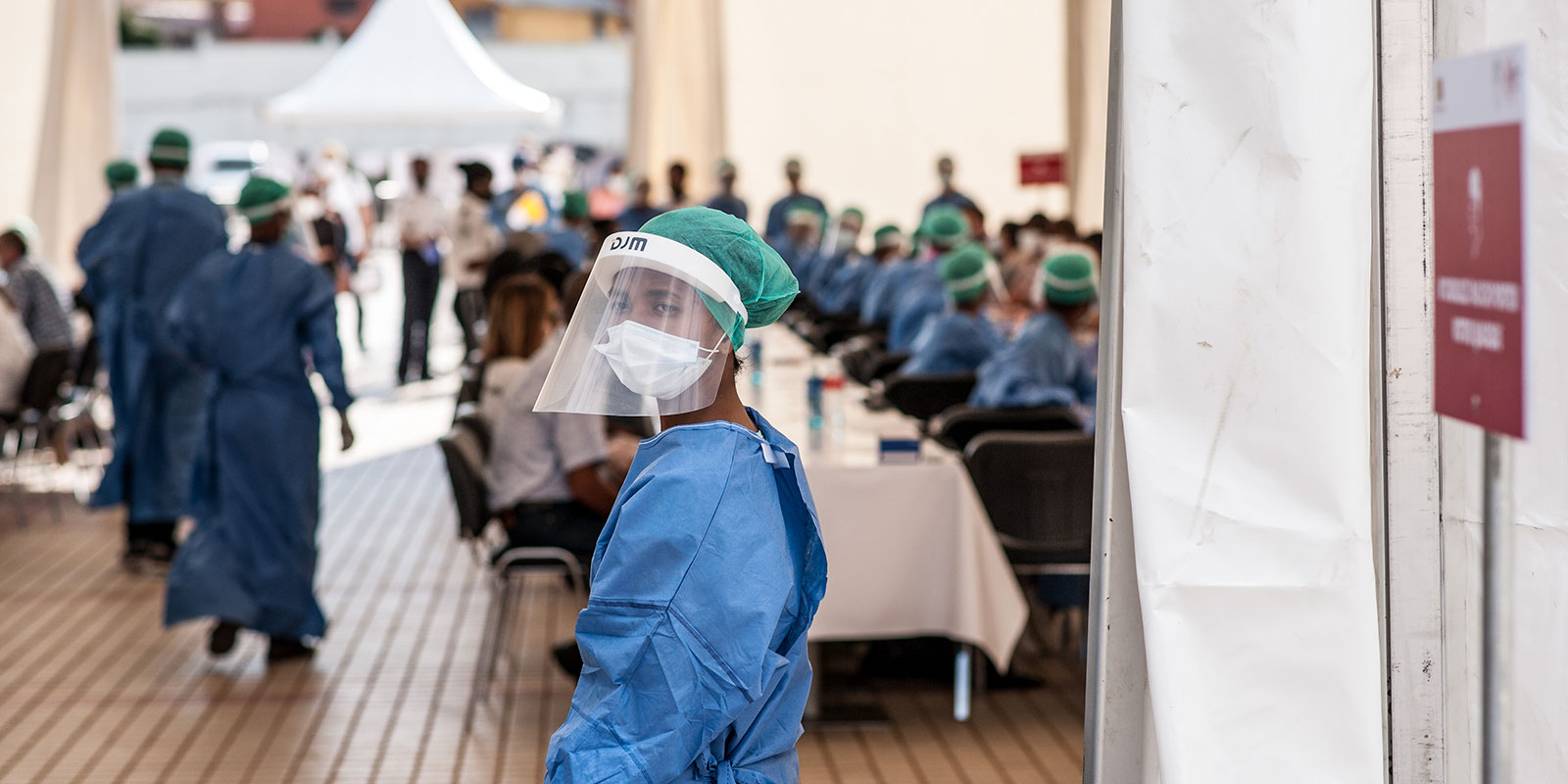As national authorities oscillate between lockdowns and emergency measures, amidst growing negative public sentiments, much of the attention has been on the vaccine rollout and the politicization of production and access. Against this backdrop, an interesting development in recent weeks has been the resurgence of the polarizing debate about the origins of the novel coronavirus, pitting the zoonosis argument against a laboratory origin theory, and drawing us back to a subject that many perhaps thought was a foregone conclusion as 2020 came to an end.
The study of #pandemics is not only about the scientific/epidemiological dimension, but also has sociological, political and ethical dimensions @faithkerubo
Tweet
The return of the lab leak theory and its coverage in mainstream media at this juncture is telling, especially given the pushback that it had received during the early months of the pandemic and its initial dismissal as fringe theory. Among some of the most vociferous proponents of the lab origin theory were prominent US politicians, including President Trump and Sen. Tom Cotton who were adamant about China’s culpability in a potential lab leak. At the time, the US government was flailing in its handling of the pandemic as numbers surged while the geopolitical rivalry between the US and China had sunk to historic lows characterised by a trade of accusations and escalating propaganda campaigns. The claims about a potential lab origin, whether accidental or not, were roundly criticized and categorically dismissed by the scientific community whose consensus pointed to a natural, animal-to-human transmission. Following an investigation by a World Health Organisation (WHO) team that travelled to China in February 2021 and its report which concluded that the lab leak hypothesis was highly unlikely, President Joe Biden directed US intelligence agencies to redouble their investigation into the origins of COVID-19 and to consider all possible theories. When viewed against the broader context of geopolitics and the inflection point in US-China relations on a number of fronts, the debate about the origin of COVID-19 highlights the battle of meta-narratives and the extent to which information is power _ for both the purveyors of particular viewpoints and the audience who have to sift through the deluge of information and decide which is sober, evidence-backed information and which is vacuous propaganda and fiction.
It is worth pointing out that even as speculation and conspiracy mongering gains ground in both mainstream and fringe platforms, the evidence produced by the scientific community preponderantly points to natural origins. In other words, the evidence from mid-2020 has not changed, if anything, more and more scientific studies are building on preliminary findings about the virus’ genome sequence, evolution and deeper inquiry about possible intermediary animal hosts in the pathway of animal-to-human transmission. The tendency to circulate conspiracy theories during pandemics is not a new phenomenon, as was seen in the 1980s when HIV/AIDS emerged and during the SARS outbreak in 2003, when there was a proliferation of theories that circled back to narratives about bioweapons and germ warfare. Therein lies a lesson that the study of pandemics is not only about the scientific/epidemiological dimension, but also has sociological, political and ethical dimensions.
Still, there are lingering questions: will we ever know the precise origin of the pandemic? Which species is responsible for the spillover event? Where will the next coronavirus emerge? Furthermore, the pandemic laid bare the demand for international cooperation and for effective, legitimate and accountable multilateral institutions to deal with global challenges. The WHO’s shortcomings were on full display in its inability to manage the pandemic from the outset, flawed policies in response to a global health security threat and its pandering to China’s initial narrative despite failure to adhere to transparency obligations outlined in Article 6 of the International Health Regulations (IHR). The need for collective solutions to global crises is inextricably linked to the premium on trust and accountability across domestic and international levels.
The #pandemic laid bare the demand for international cooperation and for effective, legitimate and accountable multilateral institutions to deal with global challenges @faithkerubo
Tweet
While asking the hard questions about the origins of the virus is important, it is imperative not to get caught up in polarizing debates or the loaded propaganda campaigns that are linked to logic of geopolitics in the context of an evolving international order beset by multiple crises and turbulence. There is a need to focus on the bigger picture: the glaring need for progressive internationalism and the imperative to shift away from the self-destructive practices of the Anthropocene and instead embrace sustainable and transformative planetary futures. This calls for a sea of change in humans’ interactions with nature and attitudes towards sustainable development. In sum, the COVID-19 pandemic is showcasing that when the geopolitical and the scientific dimensions collide in the battle of meta-narratives and evidence-gathering, it is nature that acts as a stark reminder about what really matters.
Ms. Faith Maberais a Senior Researcher at the Institute for Global Dialogue, Pretoria where she oversees the Foreign Policy Analysis programme. Her latest policy briefs focused on EU financing for African Peace and Security Architecture and Trilateral UN-EU-AU cooperation in peace and security in Africa.


